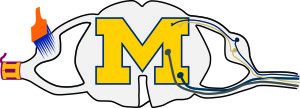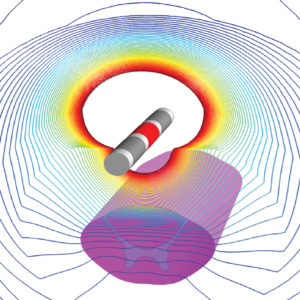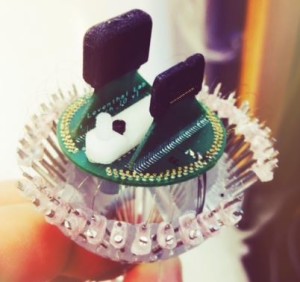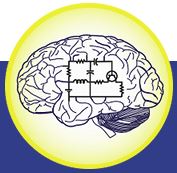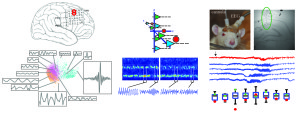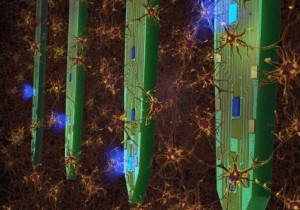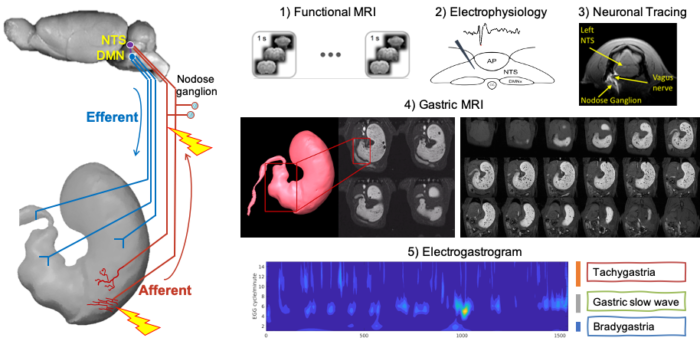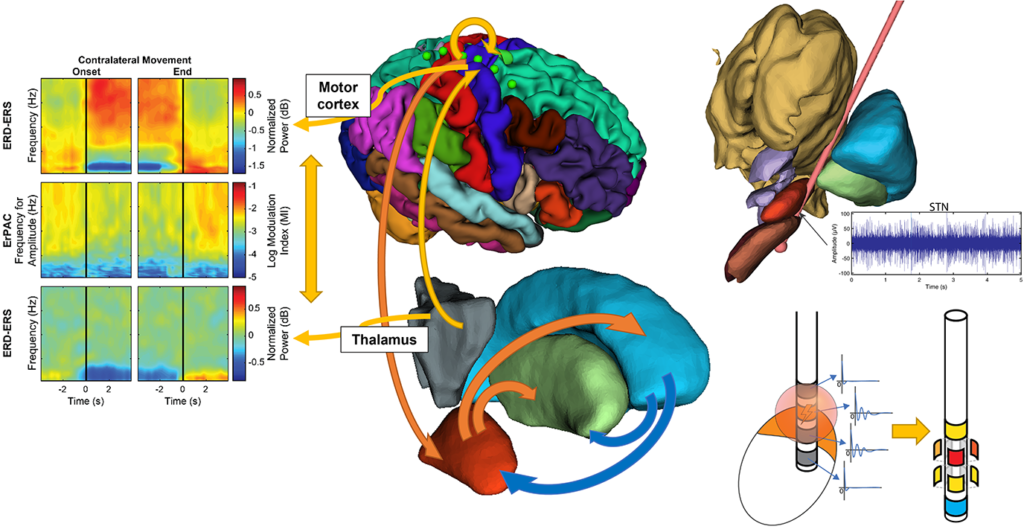The Translational Neuroengineering Group is a collective of University of Michigan research labs with interests that span the discipline of neural engineering. Our primary labs are affiliated with the departments of Biomedical Engineering, Electrical Engineering & Computer Science, Neurology, Neurosurgery, and the Neuroscience Graduate Program, and we have members in the departments of Anesthesiology, Kinesiology, Mechanical Engineering, Physical Medicine & Rehabilitation, Plastic Surgery, Psychology, and Surgery. On a weekly basis we meet to discuss a topical journal paper or to have a research presentation, in addition to occasional social events and active collaborations across labs. Below are descriptions of the primary labs (the title for each lab description is a link to that lab’s webpage), and at left are links to a listing of the journal club meetings and recent group news.
Peripheral Neural Engineering & Urodynamics Lab – pNEURO Lab (Bruns)
The pNEURO Lab focuses on developing interfaces with the peripheral nervous system to restore function and examine systems-level neurophysiology. Our research lies at the cross-roads of biomedical engineering and neuroscience: neural engineering. We have projects developing closed-loop neuroprostheses, examining and modeling neural structures, studying new applications of functional electrical stimulation, and we have collaborations to develop and evaluate novel electrode interfaces. We are currently focused on pelvic functions and spinal root interfaces. (PI: Tim Bruns – bruns at umich dot edu)
Cortical Neural Prosthetics Lab (Chestek)
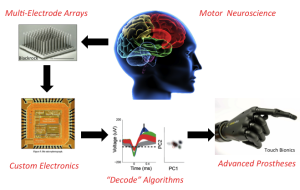
Our lab focuses on brain machine interface (BMI) systems using 100 channel arrays implanted in motor and premotor cortex. The goal of this research is to eventually develop clinically viable systems to enable paralyzed individuals to control prosthetic limbs, as well as their own limbs using functional electrical stimulation and assistive exoskeletons. We also seek to expand the bandwidth of this neural interface using novel electrodes, circuits, and algorithms. (PI: Cindy Chestek – cchestek at umich dot edu)
Neuromodulation Lab (Lempka)
Our goal is to innovate electrical stimulation therapies for neurological disorders (a.k.a. neuromodulation). These therapies include spinal cord stimulation for chronic pain and deep brain stimulation for Parkinson’s disease. We strive to develop a patient-specific approach using computer models and clinical measurements. We believe this research will help optimize current technologies and innovate new therapies to improve patient outcomes. (PI: Scott Lempka – lempka at umich dot edu).
Leventhal Lab
The Leventhal laboratory studies the systems-level physiology of Movement Disorders, focusing primarily on basal ganglia circuits. By advancing our understanding of how these circuits function in health and disease, we aim to develop more rational therapies for disorders like Parkinson’s Disease, dystonia, and tic disorders. Our laboratory uses primarily behavioral and in vivo electrophysiological/optogenetic techniques in rodents. (PI: Dan Leventhal – dleventh at med dot umich dot edu).
Patil Lab
Our research aims to examine the underlying physiological mechanisms of a wide variety of neurological conditions, and to develop an understanding of the factors that determine outcomes in the surgical treatment of these conditions. In the lab we record the electrical activity of the brain during and following brain surgery while human patients perform motor and cognitive tasks. Through quantitative analysis of such recordings, our major research focus is to uncover relationships between cognitive functions and the activity of individual or groups of neurons. We also study the effects of electrical stimulation on the brain. As our understanding increases, we hope to develop novel brain-stimulation therapies to treat such diverse conditions as depression, ataxia, and pain. (PI: Parag Patil – pgpatil at med dot umich dot edu).
Neural Engineering in Epilepsy Lab (Stacey)
Our lab is dedicated to developing better implantable devices to control epilepsy. Dr. Stacey is a clinical epileptologist and spends the majority of his time doing neural engineering research. The lab uses a combination of electrophysiology, machine learning, signal processing, and computational modeling. Data for these projects are acquired from a large database of human patients, an ongoing pilot clinical trial in patients undergoing surgical implantation of electrodes, and from rodent models of epilepsy. The lab is specifically researching the relationship of high frequency oscillations with seizure mechanisms, and developing methods to target and stimulate the brain to stop seizures. (PI: Bill Stacey – wstacey at umich dot edu).
BioElectronic Vision Lab (Weiland)
The mission of BioElectronic Vision Lab (BEVL) is to create and translate technological solutions for visual dysfunction. We investigate the fundamental mechanisms through which implantable and wearable electronic systems interact with the visual system and other sensory modalities, and the long term consequences of such systems on the functional and anatomical organization of the visual system. Based on this understanding, we create and optimize medical devices designed to improve the quality of life for the visually impaired. The main projects in the lab include the bioelectronic retinal prosthesis and wearable smart camera. (PI: James Weiland – weiland at umich dot edu).
Yoon Lab
Mapping the brain and peripheral circuits may be the grandest challenge in all of science today. One of our missions is to help neuroscientists, neurologists, and other clinicians understand these amazingly complex circuits with tools that can monitor neural activity or recreate it in a natural way. Our group also focuses on creating self-contained microsystems that combine and process natural signals as well as electrical signals on a single-chip platform by integrating new MEMS/nano structures with low-power, wireless VLSI circuits and systems. (PI: Euisik Yoon – esyoon at umich dot edu).
Neural Circuits and Memory Lab (Diba)
We are interested in how neural circuits, composed of excitatory and inhibitory populations of neurons coordinate to generate the unique oscillatory spike patterns we observe in the hippocampus, and how the resulting these activity patterns represent, encode, and recall episodic memory, in concert with other brain regions, such as the prefrontal cortex. To study these questions, we use machine learning and statistical analyses of extracellular recordings from freely moving animals coupled with optogenetics and chemogenetics to perturb the underlying circuitry during learning, recall, and sleep. (PI: Kamran Diba – kdiba at umich dot edu).
Dr. Jiande Chen, PhD.
Professor of Medicine, Division of Gastroenterology and Hepatology, Department of Internal Medicine
Research Areas: Biomedical Computation and Modeling, Biomedical Imaging, Biomedical Imaging and Optics, Neural Engineering
Laboratory of Integrated Brain Imaging (Liu)
The Laboratory of Integrated Brain Imaging aims to accelerate neuroscience and artificial intelligence by developing novel tools to integrate neural imaging, recording, stimulation, and modeling.
Opri Lab (Enrico Opri, PhD)
The Opri Lab focuses on the exploration of the neurophysiological activity in the basal ganglia-thalamocortical circuits in humans affected by neurological disorders (such as Parkinson’s, Tourette, Essential Tremor, Epilepsy), while investigating how neuromodulation (e.g. Deep Brain Stimulation, cortical stimulation mapping) alters these networks to bring a therapeutic benefit. Our aim is to identify neurological biomarkers that can be leveraged to strengthen the current clinical procedures employed for the treatment of neurological disorders, including advancements in closed-loop neurostimulation. Our goal is to engineer novel methodologies for the automatization and enhancement of clinical procedures in the field of neuromodulation. (PI: Opri Enrico – eopri at umich dot edu).
Funding
We would like to acknowledge Rackham Interdisciplinary Workshops for helping to fund our journal club:

